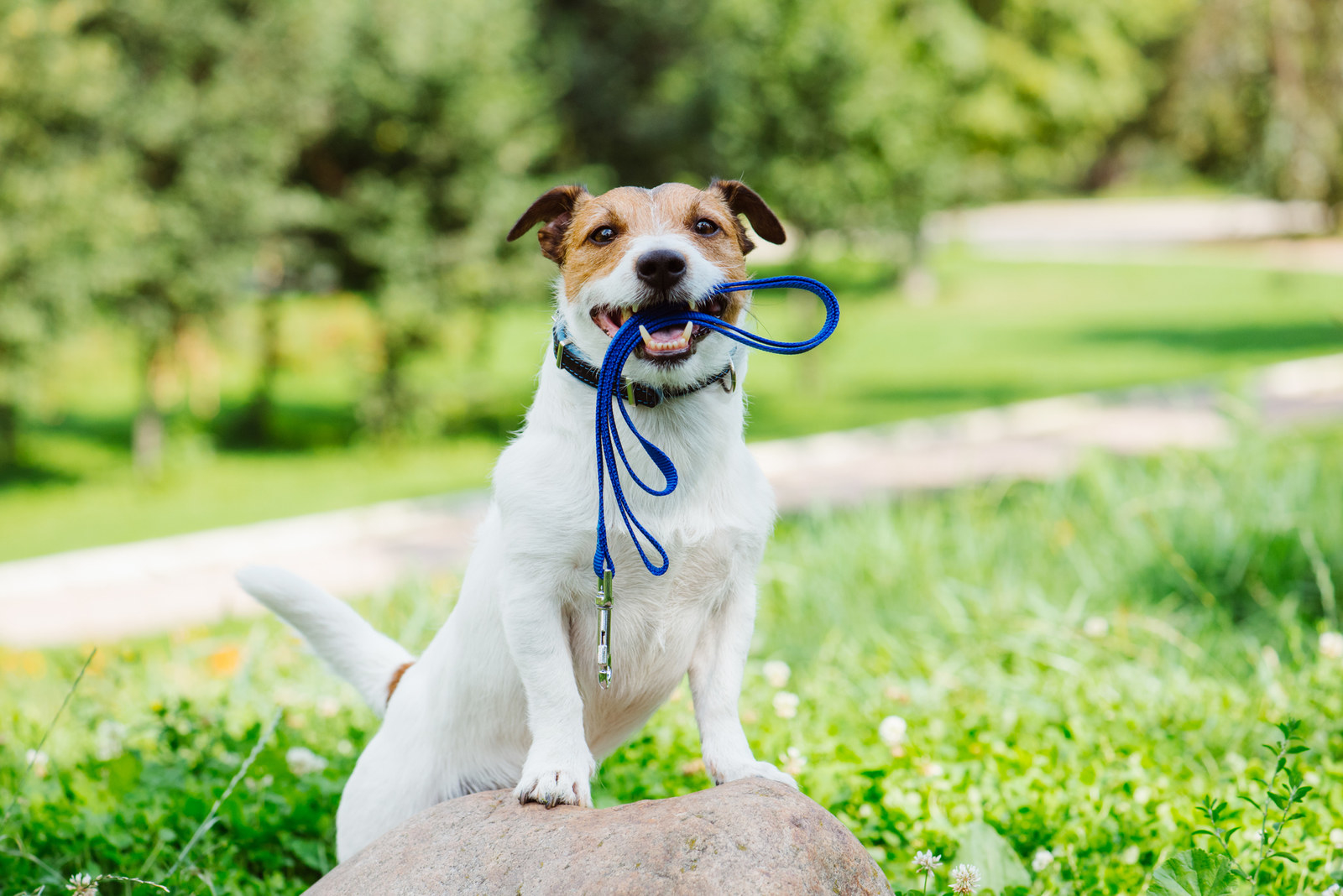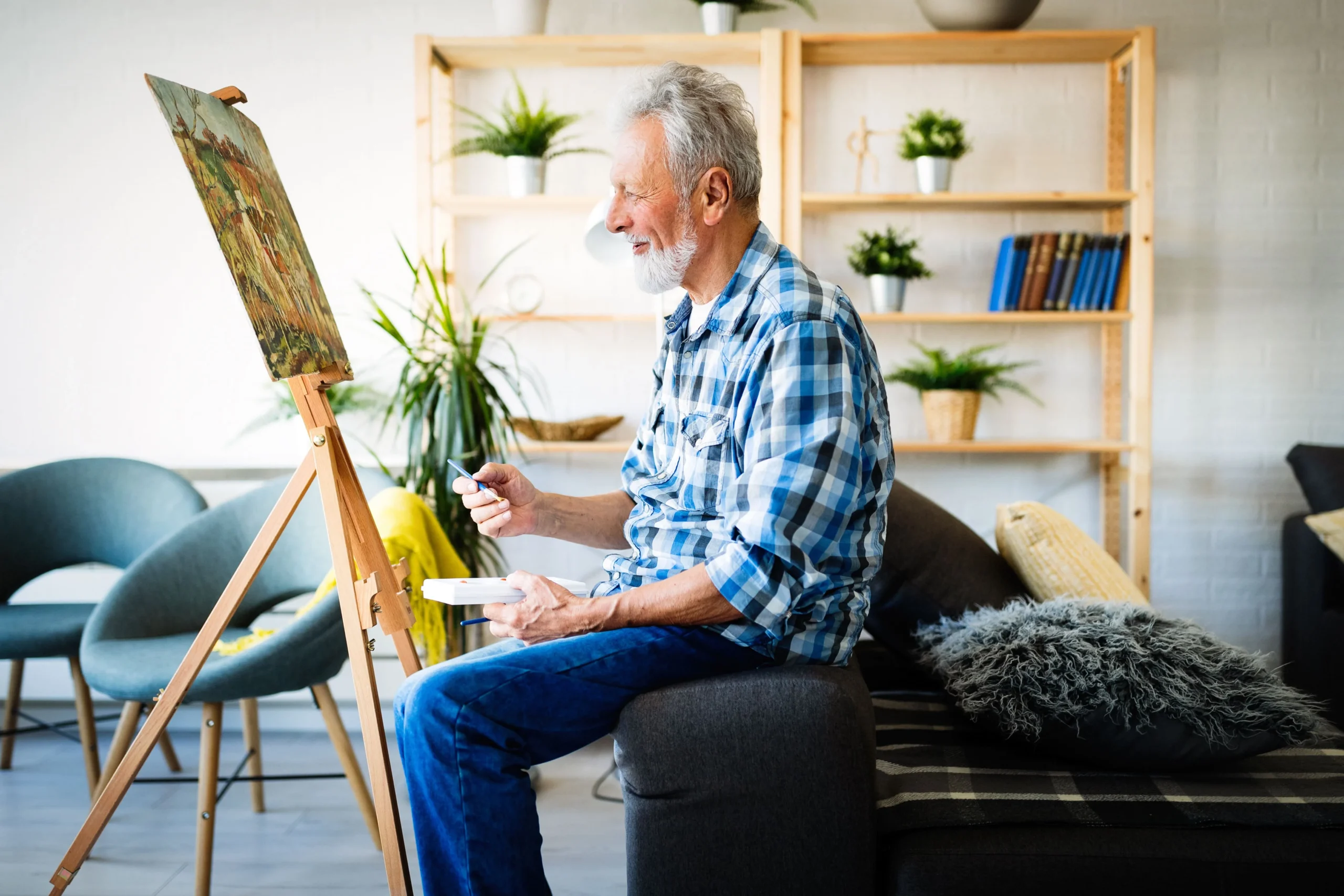
For a good reason, most of us acknowledge our cats and dogs as members of our families. Pets make great companions. Anyone who has lived with one understands that each has their unique personality, habits, and ways of showing and receiving love.
Therefore, it makes sense that you would want to ensure your pets are content and secure in your house. Let’s explore the advice on caring for your pets and what potential dangers you should be aware of and protect pets from coyotes.
Pets are similar to humans. To live and survive, they require nutritious meals, fresh water, and safe shelter. They also need regular activities and attention, along with a clean spot to use the restroom. As a pet owner, one should also make sure they have routine checkups and are taking any prescriptions they need.
Pets are also similar to us because everyone is unique and has very different needs in terms of nutrients, enrichment, safety, and protection. When caring for a pet, seek bits of advice from experts in pets to ensure your companion is living their best life.
Outside of your homes:
- Predators: In the end, animals are just animals. Simply put, they occasionally eat each other. If your pets are spending some time outside, be attentive to the predators in your area, like coyotes, snakes, bobcats, and other dangerous animals.
- Gates and Fences: If you want to guarantee that your pet stays put when he/she is outside, you should stroll the boundary of your property on a daily to ensure that your fence is strong and your gates are tightly locked. Take into account that fence posts rust away and that dogs like to dig.
- Streets and Roads: Sadly, pets are hit by vehicles almost every single day. Make sure you’re conscious of the roads or streets near your house and take extra measures to keep your pet from going there. If you’re out for a walk, ensure you have a reliable leash and a harness that fits properly.
The food they consume:
- Hazardous food: Foods that we love eating can cause severe illness or death in our pets. Garlic, coffee, chocolate, macadamia nuts, dairy items, grapes, avocados, onions, and alcohol are all known to be harmful to animals.
- Medications: While they may be beneficial to us, medicines can be damaging or fatal to your pet if ingested. Anti-depressants and antibiotics, along with ibuprofen and aspirin, are all unsafe for pets.
- Household products: The chemicals you leave around the house can be highly dangerous to your pets. Toxic substances include rat poison, cleaning agents, cleaning solvents, pesticides, and detergents.
- Poisonous plants: Though some plants are beautiful, they can be hazardous to your pets. Widely known houseplants such as spider plants, tulips, pothos, and eucalyptus are all lethal if your cat or dog consumes them.
Other things to be aware of when caring for your pets:
- Mold(s): Our pets’ immune systems are often weaker than humans; they have a hard time fighting off toxic elements such as common household mold. When pets are exposed to toxic molds, they can acquire illnesses and even end up dying.
- Table food or scraps: Offering your pet a piece of table food may appear harmless, but human food is rarely safe for animals. Fatty foods, especially sausages, can cause serious and painful digestive problems.
- Vehicles: The dangers that cars imply to animals are multiple, but we highly urge against choosing to leave your pet in your car, even for a brief moment.
Dogs and cats are both great members of the family, and we intend to do everything we can to protect them. If you practice everything in this guide, you’ll be well enough on your way to providing a safe sanctuary for your furry friends.
Keeping this in mind, you can never foresee each danger, and your pet could still get into trouble despite your great efforts. If your pet is behaving weirdly or seems to be ill, always seek the help of a veterinarian.











